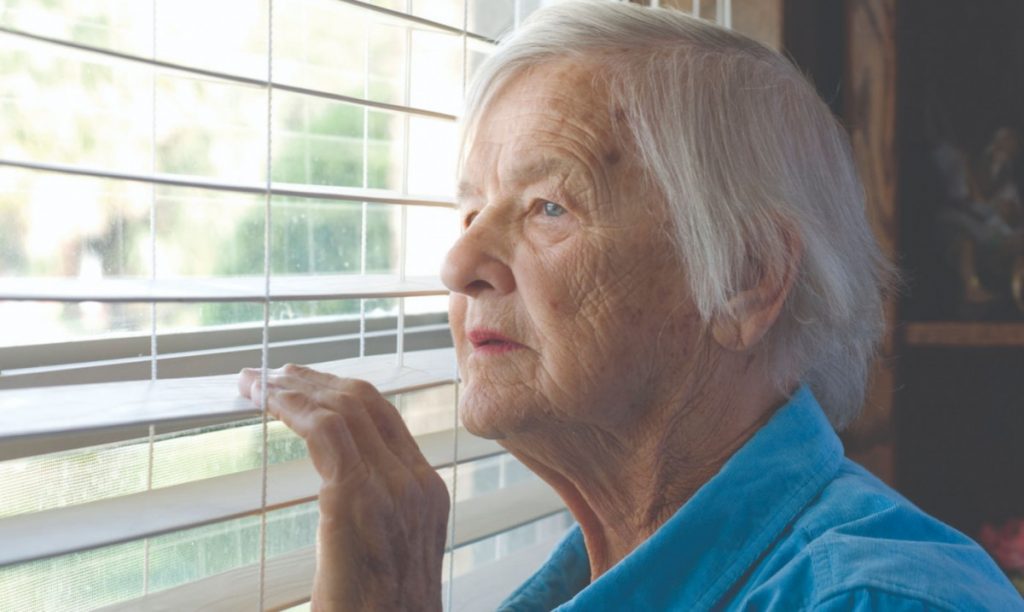A recent article about suicide prevention resources cited an alarming statistic: nationwide, the majority of individuals who committed suicide last year were men between the ages of 40 and 60.
Perhaps more alarming—and surprising to some—is the increased rate of suicide among older adults. According to the Centers for Disease Control and Prevention, men 65 and older face the highest risk of suicide, while adults 85 and older, regardless of gender, are the second most likely age group to die from suicide.
From our perspective as an organization that serves older adults, that is a pressing public health concern.
Suicide in later life is a complex phenomenon, with a wide array of factors that may play a role. Isolation is one such critical issue. Older adults are more likely to face a loss of social connection through the passing of loved ones, retirement, and decreased mobility.
Research suggests ageism itself is a factor, with the common misconception that decline, deficits, or disorders are normal, and even expected, among older adults. However, depression is not a natural part of aging. Depression is a health condition that can affect people at any age, and is treatable.
With the right support, older adults can overcome these challenges and thrive. We are fortunate in Delaware County to have a wealth of local resources for adults ages 55 and older. SourcePoint offers counseling to in-home care clients, as well as through private appointments at our enrichment center.
SourcePoint also provides a wide variety of community programs and volunteer opportunities to engage local adults in social interaction, fitness, education, and overall wellness. Learn more at MySourcePoint.org or call 740-363-6677 to get involved today.
For those struggling with thoughts of suicide—at any age—HelpLine is an excellent community resource. The crisis line is available 24/7 at 740-369-3316 or 800-684-2324.
It takes commitment across health care and service organizations to improve detection and intervention to prevent suicide deaths. It takes commitment from each of us to fight the stigma surrounding mental health and aging and have open, honest discussions.
Regards,
Fara Waugh, LISW-S
Executive Director

Letter to the Editor Submitted to the Delaware Gazette, Feb. 13, 2020

